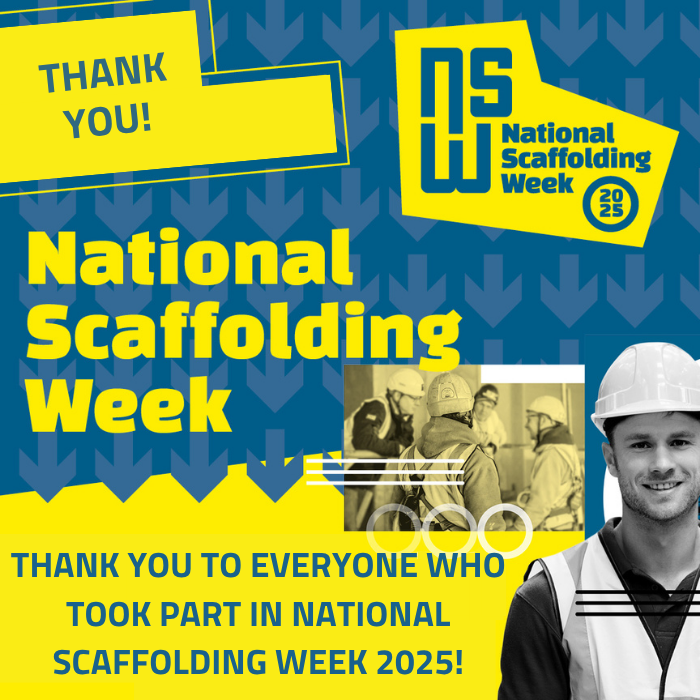Small Businesses, Big Impact: Celebrating SMEs in Scaffolding

In the vast landscape of the construction industry, small and medium-sized enterprises (SMEs) often serve as the backbone, bringing innovation, dedication, and unique perspectives to the scaffolding sector. These businesses not only contribute to the economy but also drive advancements in best practices, sustainability, and safety.
In this blog, we’ll explore the vital role that SMEs play in scaffolding, celebrating their successes, challenges, and the family-owned firms that make this industry thrive.
Driving Innovation and Best Practices
SMEs in scaffolding are at the forefront of innovation, constantly finding ways to improve their services and operations. With a nimble structure and a close-knit team, these companies can adapt quickly to industry changes and customer needs. For example, many small scaffolding firms have embraced new technologies, such as 3D modeling and drone inspections, enhancing efficiency and safety on job sites.
By prioritising training and development, SMEs also set high standards for best practices within the industry. These businesses often foster a culture of continuous learning, ensuring that their teams are well-equipped to handle the latest techniques and safety protocols. As they innovate, they also share knowledge with the wider community, contributing to the overall growth of the scaffolding sector.
Unique Challenges and Opportunities
While SMEs have the potential to drive significant change, they also face unique challenges. Limited resources can hinder their ability to compete with larger firms for major contracts. Additionally, navigating regulatory requirements and obtaining the necessary certifications can be daunting for smaller businesses.
However, these challenges also present opportunities. SMEs often excel in niche markets, providing specialised services that larger firms may overlook. Their ability to offer personalised customer service and flexibility can set them apart in a competitive landscape. By building strong relationships with clients, small scaffolding companies can secure repeat business and referrals, which are crucial for growth.
Celebrating Family-Owned Firms
Family-owned scaffolding businesses are a cornerstone of the industry, combining tradition with innovation. These firms often prioritise community values and long-term relationships, creating a strong sense of trust among clients. Their commitment to quality workmanship and ethical practices fosters loyalty and enhances their reputation.
Numerous SMEs have made headlines by landing significant contracts or introducing groundbreaking techniques. Many SMEs complete large-scale projects for major construction companies, showcasing their ability to compete with larger players in the field. Their success not only highlights their skill but also serves as an inspiration to other small businesses in the industry.
SMEs are also pioneering eco-friendly scaffolding solutions. By utilising sustainable materials and practices, they have not only reduced their environmental impact but also attracted a growing client base that prioritises sustainability. Their innovative approach demonstrates how SMEs can lead the charge in transforming industry standards.
Small and medium-sized businesses are integral to the scaffolding industry, driving innovation, fostering best practices, and enriching the community. As we celebrate these enterprises, we recognize their resilience in the face of challenges and their commitment to excellence. Whether family-owned or independently operated, SMEs in scaffolding continue to make a significant impact, proving that even the smallest players can lead the way in creating a brighter, more innovative future for the industry.
Let’s celebrate the contributions of SMEs and support their ongoing efforts to shape the scaffolding landscape!


